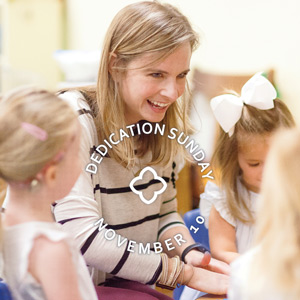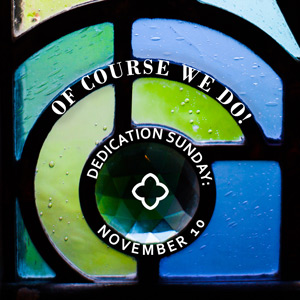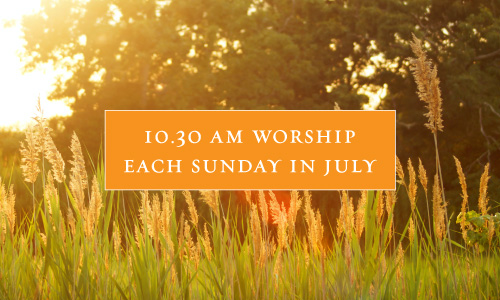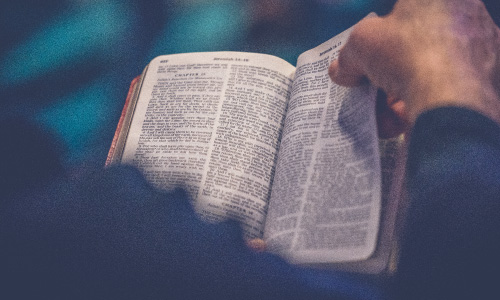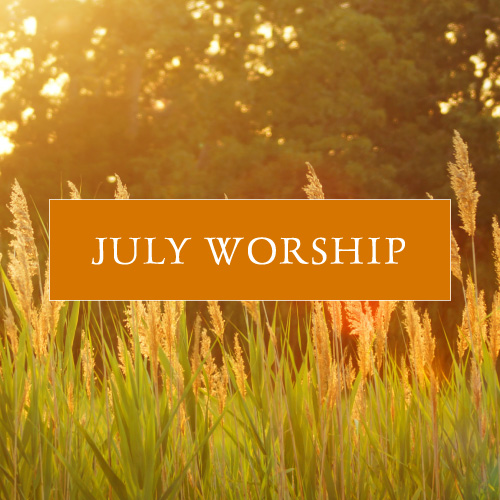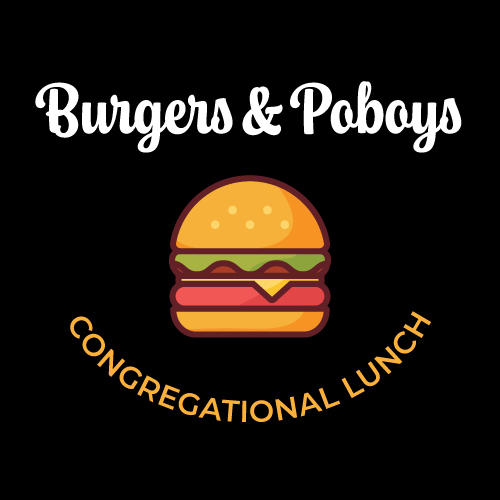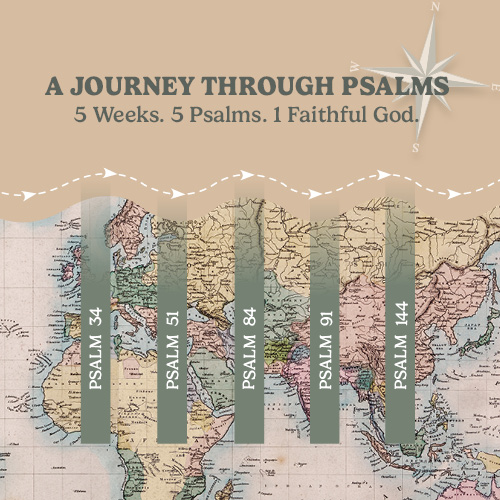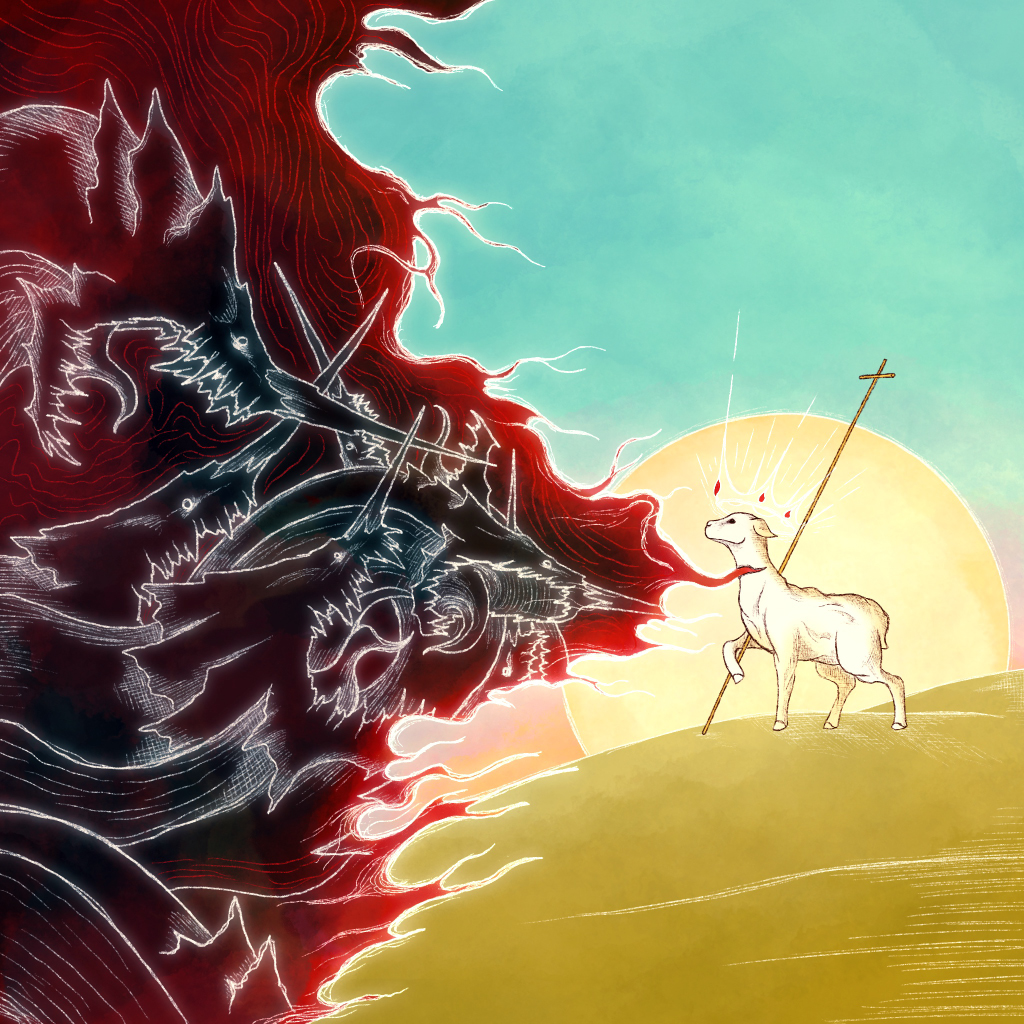Each Maundy Thursday, we stand by the tomb and sing the question, “Were you there when they crucified my Lord?” The event happened two millennia ago in a land far across the sea. It occurred amidst people who spoke a language very few of us today can understand. How could we possibly have been there? But still we sing the answer, “Oh, sometimes it causes me to tremble, tremble, tremble.” The distant story moves us still. Convicts us. Gathers us up. Changes us. Because it’s not just ancient history. The unbroken witness of the people who belong to Jesus is that we are included in his passion and resurrection!
The four Gospels devote nearly a third of their content just to the eight days we call Passion Week, the time from Jesus’ triumphal entry on Palm Sunday to his resurrection on Easter. His whole ministry becomes concentrated in this week in Jerusalem. It has all come down to this. Here we see most clearly who Jesus is. Here we see most starkly the human reaction to Jesus the Son of God who came to love and save us. We see acts of humble, sacrificial devotion. We see acts of foul betrayal. We encounter embarrassing denials and beautiful gestures. Through the parables he told during Passion Week, we hear Jesus describe the various ways people respond to him. We see his bravery as he engages the questions and accusations of the earthly authorities. Passion Week provides a window into the heart of Jesus and the hearts of those who encountered Jesus on his mission to save the world. As such, it provides a window into our hearts as well.
Scripture teaches that Jesus suffered and died for us (2 Cor. 5: 16). He could do this because the man Jesus is also the Son of God and our Creator (Col. 1: 16; John 1: 3). As Maker, Jesus is connected to all of us. So what Jesus did as a man he also did as the God who relates to each one of us. His life, death and resurrection are of the highest significance to the human race. But each of us has to get spiritually joined to these events to access their full benefit. We get united to this Jesus by his Spirit through faith (Rom. 6: 3-4; Eph. 2: 8-10; Gal. 4: 4-6). Believing in Christ and entrusting ourselves utterly to him, we get taken into Jesus’ story as the defining narrative of our lives. His story becomes our story. We get the benefits, and the mission, of all he said and did. Then, we realize, yes, we were there!
So by interacting with the characters of Passion Week, we can engage with our own responses to Jesus. We can find courage. We can be warned. We can be moved to love Christ more dearly. We can expose our own fierce desire to protect ourselves. We can see just how much it took for Jesus to persist in fidelity to his Father through the rage and rejection of the world in order to fulfill his plan of rescue for the human race. Yes, sometimes it causes me to tremble, tremble. Because I know I was there. I know I am like each and all of the people and powers Jesus encountered. And, despite myself, I want so much to grow in faithfulness to Jesus.
I hope you will join me in encountering the people of Passion Week over these next 42 days. I pray that as you take up this study, you will grow closer to Jesus so that during Passion Week 2020 you will experience ever more deeply the sorrow and the triumph, the horror and the splendor of the week Jesus gave himself utterly so that we might be saved thoroughly from sin, evil and death.
HOW TO USE THIS STUDY
Entering the Drama
I have precious memories of an Easter afternoon when my father took me to see a Passion Play at Orange Bowl Stadium in Miami. The field had become a stage on which the events of Jesus’ final week were enacted before the great crowd. Passion plays, of course, are a great and ancient Christian tradition around the world. For Passion Week is high drama. This is the climax of Jesus’ life among us. Every encounter is charged with significance. Every person who takes the stage has an eternally important role to play. Every line spoken remains inestimably important to us.
So I’m inviting you to consider the characters the Gospels record as part of Passion Week as actors in a play. The script contains the drama of our redemption. As in any play, there is a protagonist, a hero, who of course is Jesus. There are also antagonists, both spiritual and human. There are mixed characters, the ones most like us, who can be faithful in one moment and faithless in the next.
While the historical events of Holy Week are unrepeatable, the spiritual dynamics of these intense days continually play out in our daily lives. Drama shows us ordinary life in concentrated form. The gospel accounts of the drama of Jesus’ final week can be revealing and encouraging to us as we seek to live out loyal love for Jesus amidst our ordinary temptations, sufferings, resistance and distractions.
Each day in Lent offers three sections, sometimes four, for engaging with the characters and situations of Passion Week:
FOLLOWING THE SCRIPT
Here we meet the characters through the passages in Scripture where they take the stage. Some days we will look back before Passion Week to learn the motivations for their actions in Jesus’ final days. The verses are the scripts for the scenes in which these people play their Passion Week roles. They are our source material.
CAST NOTES
During rehearsals, directors offer notes to the actors about their parts. They help the players go more deeply into character. They give ideas for how better to express feelings and motivations. In this section, we will make a bridge between our world and the world of the Biblical characters. Though we may be centuries, continents and cultures removed from their lives, human emotions remain constant across all times and places. These notes attempt to draw us close to the people of Passion Week. This is a time for you to connect to the characters.
PRAYING IN CHARACTER
Praying with people draws us close to them. Praying as someone takes us deeply inside the heart and soul of a person. Based on our scripts and notes, each day we will have opportunity to step into the Biblical character and pray from his or her perspective. In this way, we will feel more personally Jesus’ interactions with each person. We will come to experience how we are like each character. And we will engage our Lord as he draws each of us more deeply into himself.
ENCORES
About a dozen days contain bonus material. To stay with our theatre theme, we’re calling these encores. Just a bit of extra for reflection and prayer.
DAILY QUOTES TO PRAY
For an actor to bring a character to life, the lines have to be learned so well that they come off the page and into the present moment. We won’t be learning all the lines of the scripts we read. But we will daily be reading aloud two key Scripture passages that relate to our study. These verses take us straight to the heart of why we read the Bible: so we may have present and vital communion with the Triune God and one another.
1) 1 John 1: 3. Every script from Passion Week is a witness to the things Jesus said and did. The ancient account becomes presently powerful by the work of the Holy Spirit in our reading and contemplating. This passage from 1 John explains how the ancient word reaches across the miles and centuries to draw in each new generation of believers. We draw as close to Jesus as the disciples who were with him when we encounter Jesus through worship, Word, sacrament and prayer. This is a key passage to know:
That which we have seen and heard we proclaim also to you, so that you too may have fellowship with us; and indeed our fellowship is with the Father and with his Son Jesus Christ (1 John 1: 3).
2) John 20: 31. John concludes his Gospel by reminding his readers of his purpose in writing. It’s not just to provide an exciting account of an interesting person. We read the scripts of the Gospels in order to be brought to belief: active devotion of our lives to Jesus as the Savior, the Lord and the Son of God who became Son of Man on our behalf. Such active belief creates life by the power of his life. We come out of the darkness into the light. We are born anew into living hope. We pass from death to everlasting life:
These are written so that you may believe that Jesus is the Christ, the Son of God, and that by believing you may have life in his name (John 20: 31).
So I will be inviting you to say aloud these two verses every day of Lent. By the end of our 42 days, you will have committed them to memory and their meaning will have opened to you in new, unexpected and enlivening ways.
In Lent 2020, my prayer is that you will meet the people of Passion Week in such a way that you are taken deeply into the heart of the drama of our redemption. And that from such identification, you will be strengthened for daily discipleship and a glorious celebration of Jesus’ Easter victory.
Gerrit Dawson
Posted in:
 season was fall. Instead of spring flowers, autumn leaves decorated the Easter cross. While we start to swelter, it’s winter in the southern hemisphere. Why do I mention this? Because attending to the differences in the world’s latitude and longitude can create fresh awareness of how special this moment in this time truly is. Right now at a latitude of 30.45 degrees above the equator, summer is here. The sun rides high and stays long. We wake up not in winter dark but summer light. A million birds are singing. Ah, can you feel the ease in traffic now that school is out? Do you enjoy the long lit evenings after dinner? Have you found a place to dip into some cool water? There is much to savor.
season was fall. Instead of spring flowers, autumn leaves decorated the Easter cross. While we start to swelter, it’s winter in the southern hemisphere. Why do I mention this? Because attending to the differences in the world’s latitude and longitude can create fresh awareness of how special this moment in this time truly is. Right now at a latitude of 30.45 degrees above the equator, summer is here. The sun rides high and stays long. We wake up not in winter dark but summer light. A million birds are singing. Ah, can you feel the ease in traffic now that school is out? Do you enjoy the long lit evenings after dinner? Have you found a place to dip into some cool water? There is much to savor.



 Close
Close
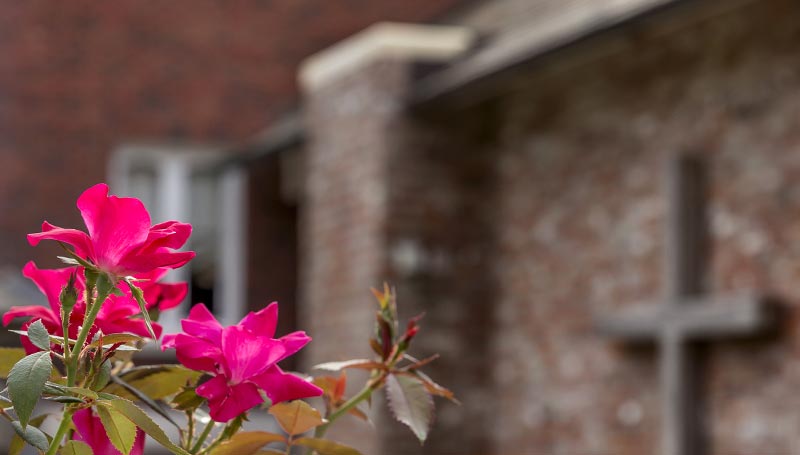
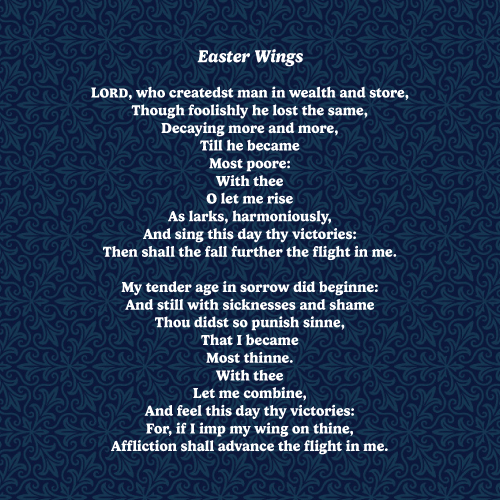 we’ve ever talked! You see, he lived four hundred years ago. But his writings have been my close companion for almost half a century. I’m talking about the pastor and poet George Herbert. I just know we’re gonna like each other. Herbert wrote a famous poem called “Easter Wings.” The words are spaced so that it looks like a bird in flight. And his theme is how we can ride on the wings of the rising Jesus.
we’ve ever talked! You see, he lived four hundred years ago. But his writings have been my close companion for almost half a century. I’m talking about the pastor and poet George Herbert. I just know we’re gonna like each other. Herbert wrote a famous poem called “Easter Wings.” The words are spaced so that it looks like a bird in flight. And his theme is how we can ride on the wings of the rising Jesus..jpg) buildings and dams. We don’t see these cords, but they bear up under great pressure and hold everything together. What if there are such cords in the Bible? And what if we could lift out and see these cords, these golden threads, that tie together the whole story of God’s plan for our world? Think with me about this for a moment.
buildings and dams. We don’t see these cords, but they bear up under great pressure and hold everything together. What if there are such cords in the Bible? And what if we could lift out and see these cords, these golden threads, that tie together the whole story of God’s plan for our world? Think with me about this for a moment. future. Shouldn’t we all be riding in sky cars like on the Jetsons cartoon? And how is the 21st century a quarter of the way finished? Our 67,000 mile per hour journey around the sun has never seemed faster. As George Jetson used to say every episode, “Jane! Stop this crazy thing!”
future. Shouldn’t we all be riding in sky cars like on the Jetsons cartoon? And how is the 21st century a quarter of the way finished? Our 67,000 mile per hour journey around the sun has never seemed faster. As George Jetson used to say every episode, “Jane! Stop this crazy thing!”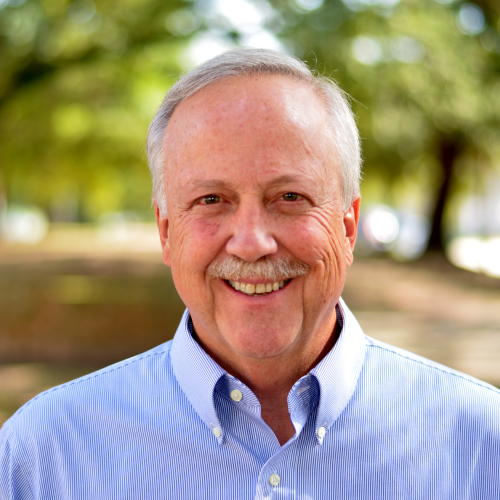 of Whitney Alexander. From youth director to missions minister, this man with the gigantic heart has shepherded people of all ages and all over the world. Some lines that captures Whitney’s wonderful style of ministry could be, “Hey, why don’t you come with me? I’ll pick you up! In fact, I’m on the way now!” Who else could get 75 kids on a 55 passenger bus and still add one more, safely? Who else would drive a team into disaster zones the rest of us avoid? Who else would spend an evening in a Russian jail with another elder? Who else would show up at your house, in the middle of the night in the pouring rain, because somehow, some way, he heard you had a need? On Sunday, January 26, we’ll have one worship service at 10.30 am. Whitney will preach about the enduring legacy of mission. Afterwards we’ll have a reception in his honor. Meanwhile, he hopes we will all honor him by attending all or portions of the global mission conference that occurs that same weekend. Details are in this issue. Thank you, Whitney for your years of service.
of Whitney Alexander. From youth director to missions minister, this man with the gigantic heart has shepherded people of all ages and all over the world. Some lines that captures Whitney’s wonderful style of ministry could be, “Hey, why don’t you come with me? I’ll pick you up! In fact, I’m on the way now!” Who else could get 75 kids on a 55 passenger bus and still add one more, safely? Who else would drive a team into disaster zones the rest of us avoid? Who else would spend an evening in a Russian jail with another elder? Who else would show up at your house, in the middle of the night in the pouring rain, because somehow, some way, he heard you had a need? On Sunday, January 26, we’ll have one worship service at 10.30 am. Whitney will preach about the enduring legacy of mission. Afterwards we’ll have a reception in his honor. Meanwhile, he hopes we will all honor him by attending all or portions of the global mission conference that occurs that same weekend. Details are in this issue. Thank you, Whitney for your years of service. This Advent our theme is the wedding feast of the Lamb. Every Christmas we celebrate the first advent of our savior. That’s when Jesus wedded himself to human flesh and came to us as a baby. We also look forward to the second advent of Jesus. He will return again to this world. And he’s coming back for a wedding. Our wedding! The marriage of the Church to the Lamb of God. The celebration that Christ our bridegroom will come to wed his beloved bride, all those who have been united to him in faith.
This Advent our theme is the wedding feast of the Lamb. Every Christmas we celebrate the first advent of our savior. That’s when Jesus wedded himself to human flesh and came to us as a baby. We also look forward to the second advent of Jesus. He will return again to this world. And he’s coming back for a wedding. Our wedding! The marriage of the Church to the Lamb of God. The celebration that Christ our bridegroom will come to wed his beloved bride, all those who have been united to him in faith.  At the close of the year, we welcome the loosening of heat’s grip (at last) and the pleasantness of our town in these months. We also start thinking about Thanksgiving and Christmas. Anticipation builds for seeing loved ones. Sorrow rises over who won’t be there this year. It’s a poignant time. Even though winter does not close in on us like it does in the north, we feel the impulse of home gathering, with all the memories and hopes it brings.
At the close of the year, we welcome the loosening of heat’s grip (at last) and the pleasantness of our town in these months. We also start thinking about Thanksgiving and Christmas. Anticipation builds for seeing loved ones. Sorrow rises over who won’t be there this year. It’s a poignant time. Even though winter does not close in on us like it does in the north, we feel the impulse of home gathering, with all the memories and hopes it brings. 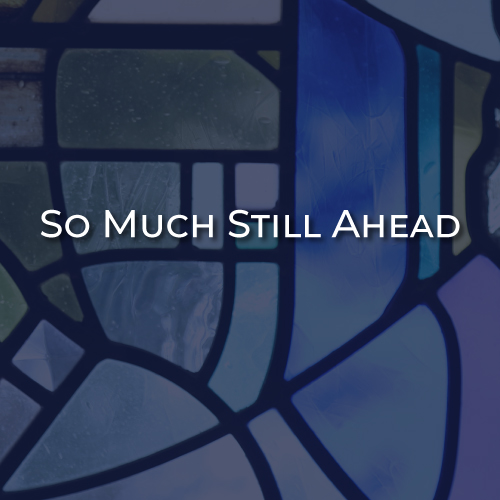 I have to tell you, it’s been really hard for me making a decision to announce my retirement so far in advance. It feels like something that in reality it is not, like a break-up, or a dying, or a leave-taking. Worst of all, I dread the possibility of our relationship changing before it actually changes. My heart for you has not changed! The pastoral position itself creates a magnetic connection between the minister and the congregation. Personal affection between us only makes that stronger. When I do retire, that “force field” between pastor and flock will switch to a new shepherd. That pains me. But it also gives me great hope. It’s the very reason why I’ve undertaken this transition plan. Now, while I still have passion for this ministry and while our congregation pulses with energy and faith, is the time to plan a smooth hand-off.
I have to tell you, it’s been really hard for me making a decision to announce my retirement so far in advance. It feels like something that in reality it is not, like a break-up, or a dying, or a leave-taking. Worst of all, I dread the possibility of our relationship changing before it actually changes. My heart for you has not changed! The pastoral position itself creates a magnetic connection between the minister and the congregation. Personal affection between us only makes that stronger. When I do retire, that “force field” between pastor and flock will switch to a new shepherd. That pains me. But it also gives me great hope. It’s the very reason why I’ve undertaken this transition plan. Now, while I still have passion for this ministry and while our congregation pulses with energy and faith, is the time to plan a smooth hand-off.  And just like that lazy days of summer are gone and a new school year arrives. It’s the very definition of the word “oxymoron” to talk about the fall programs beginning in the suffocating heat of August. But it’s true! Everything is cranking up.
And just like that lazy days of summer are gone and a new school year arrives. It’s the very definition of the word “oxymoron” to talk about the fall programs beginning in the suffocating heat of August. But it’s true! Everything is cranking up.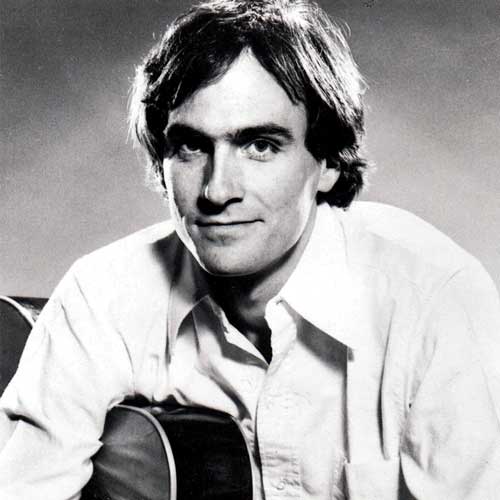 “Summer’s here, I’m for that, got my rubber sandals, got my straw hat.” Remember that old song by James Taylor? Even as the heat moves in, we feel the excitement of a change in rhythm. School’s out. Traffic’s better (“better” being a relative word!), vacations await. We had a wonderfully intense Lent, followed by a season of celebrating confirmations, baptisms, graduations, memorials and weddings. Now most of the church slows down. But children’s ministry ramps up with
“Summer’s here, I’m for that, got my rubber sandals, got my straw hat.” Remember that old song by James Taylor? Even as the heat moves in, we feel the excitement of a change in rhythm. School’s out. Traffic’s better (“better” being a relative word!), vacations await. We had a wonderfully intense Lent, followed by a season of celebrating confirmations, baptisms, graduations, memorials and weddings. Now most of the church slows down. But children’s ministry ramps up with  anniversary as a church! We’re already thinking about it! Most importantly, your leadership seeks to discern the leading of the Triune God as we round into our bicentennial.
anniversary as a church! We’re already thinking about it! Most importantly, your leadership seeks to discern the leading of the Triune God as we round into our bicentennial. 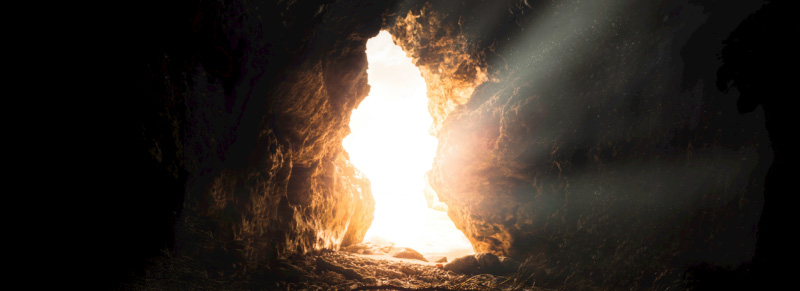 I had a wonderful time visiting with Caroline Breard’s third grade class at Dunham. She asked me to come talk about what Lent means. So I asked the children how long before their birthdays they actually started thinking about their birthdays. Some said a month, some said all year! I asked the same about Christmas. We agreed that anticipating a celebration makes it all the better.
I had a wonderful time visiting with Caroline Breard’s third grade class at Dunham. She asked me to come talk about what Lent means. So I asked the children how long before their birthdays they actually started thinking about their birthdays. Some said a month, some said all year! I asked the same about Christmas. We agreed that anticipating a celebration makes it all the better. 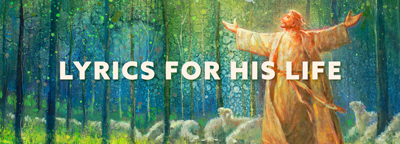
 There are some powerful passages yet to come. Lent comes early, so in mid-February we’ll take up Lyrics for His Life: Praying the Psalms with Jesus. This is a book I’ve wanted to write for a long time. It was quite moving to imagine which psalms Jesus might have prayed during events of his life, and then to join him in prayer. I believe you’ll get closer to Christ as you pray psalms alongside him. In addition to reading the printed book and daily emails, this year you can also listen to the daily content on our Lyrics for His Life podcast! Being part of a community group deepens the whole experience, so I hope we’ll have a record number of participants.
There are some powerful passages yet to come. Lent comes early, so in mid-February we’ll take up Lyrics for His Life: Praying the Psalms with Jesus. This is a book I’ve wanted to write for a long time. It was quite moving to imagine which psalms Jesus might have prayed during events of his life, and then to join him in prayer. I believe you’ll get closer to Christ as you pray psalms alongside him. In addition to reading the printed book and daily emails, this year you can also listen to the daily content on our Lyrics for His Life podcast! Being part of a community group deepens the whole experience, so I hope we’ll have a record number of participants.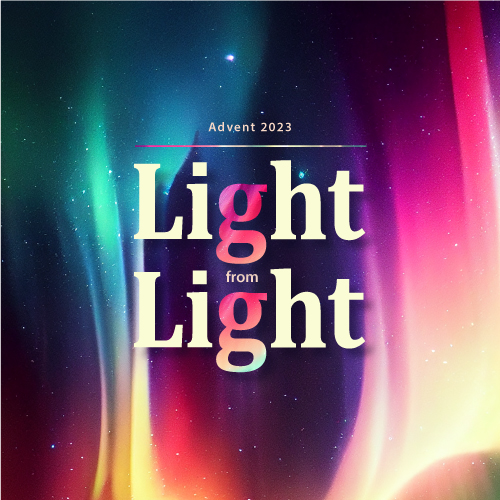 to catch fire from the birth of the Savior. The twist is that our flame does not begin on earth, not even from a place as cool as Mt. Olympus. This is a heavenly fire. Not from down here. A spiritual flame of life jumped the gap and caught fire in the virgin’s womb. The Spirit enabled Mary to conceive Jesus, the truly human, truly divine redeemer.
to catch fire from the birth of the Savior. The twist is that our flame does not begin on earth, not even from a place as cool as Mt. Olympus. This is a heavenly fire. Not from down here. A spiritual flame of life jumped the gap and caught fire in the virgin’s womb. The Spirit enabled Mary to conceive Jesus, the truly human, truly divine redeemer.  This has all been preparation for a special day of dedication, Sunday, November 12. By now you will have received a dedication card to fill out. We want everyone (yes, you!) to use these cards to make note of how you’re stewarding God’s grace. That is, to write what you are doing and what you’d like to do. Then we’ll offer that card to God as part of worship. It will be a way of recommitting ourselves to Christ, together, as people united at First Presbyterian.
This has all been preparation for a special day of dedication, Sunday, November 12. By now you will have received a dedication card to fill out. We want everyone (yes, you!) to use these cards to make note of how you’re stewarding God’s grace. That is, to write what you are doing and what you’d like to do. Then we’ll offer that card to God as part of worship. It will be a way of recommitting ourselves to Christ, together, as people united at First Presbyterian.
.jpg) This historical moment was so sacred that it got re-enacted year after year. Psalm 24 describes a dialogue between the throng of people and the gatekeepers of the temple. The crowd cries out, “Open up, you gates, that the King of glory may come in!” The gatekeepers reply, “Who is the King of glory?” In other words, “Who dat?” What God is mightier than all gods? Who do you worship? Why should we let that God be in the heart of our sanctuary? Who dat God you got?
This historical moment was so sacred that it got re-enacted year after year. Psalm 24 describes a dialogue between the throng of people and the gatekeepers of the temple. The crowd cries out, “Open up, you gates, that the King of glory may come in!” The gatekeepers reply, “Who is the King of glory?” In other words, “Who dat?” What God is mightier than all gods? Who do you worship? Why should we let that God be in the heart of our sanctuary? Who dat God you got?
 That’s a real question. We get excited for the celebration on Palm Sunday and the joyful services and family gatherings on Easter. We get really busy preparing. But sometimes we may wonder why this holiday does not touch us more deeply. Jesus is risen. Where’s the gladness?
That’s a real question. We get excited for the celebration on Palm Sunday and the joyful services and family gatherings on Easter. We get really busy preparing. But sometimes we may wonder why this holiday does not touch us more deeply. Jesus is risen. Where’s the gladness? How brilliant is our God! The LORD inspired the 150 songs that are the psalms. But God didn’t give us any tunes! Great lyrics. But we get to make up the tunes. So the psalms continue to inspire music across cultures and centuries.
How brilliant is our God! The LORD inspired the 150 songs that are the psalms. But God didn’t give us any tunes! Great lyrics. But we get to make up the tunes. So the psalms continue to inspire music across cultures and centuries. .jpg) Do you remember our talk last summer? I know you don’t. Because it occurred inside my head and heart. I spent about three months in a near constant conversation with three partners: you, the people I met in the Gospel of John, and Jesus. I had one ear cocked to listen to what the characters in the stories were experiencing. I had another ear turned toward your lives. I lifted both up to Jesus. Then I considered deeply his replies to the people in the passages, as if they were for you as well. That’s how this year’s Lent book, Come and See, got forged.
Do you remember our talk last summer? I know you don’t. Because it occurred inside my head and heart. I spent about three months in a near constant conversation with three partners: you, the people I met in the Gospel of John, and Jesus. I had one ear cocked to listen to what the characters in the stories were experiencing. I had another ear turned toward your lives. I lifted both up to Jesus. Then I considered deeply his replies to the people in the passages, as if they were for you as well. That’s how this year’s Lent book, Come and See, got forged.
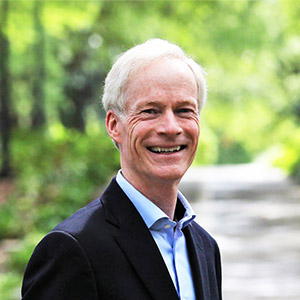
.jpg) I had not spent much time thinking about this gospel category of requests and replies. But once I did, I felt like I encountered Jesus in a fresh, compelling way. I’m very excited that you will soon receive Asking Jesus, our 2022 Lent book. You’ll be invited to join me in exploring 42 requests made of Jesus. I predict you will discover that many of these questions are your questions. You’ll realize, as I did, that we make all these same requests today. So Jesus’ replies relate directly to our lives. This Lent, we’ll be able to meet Jesus again, but as if for the first time. All in about 20 minutes a day during the season of Lent.
I had not spent much time thinking about this gospel category of requests and replies. But once I did, I felt like I encountered Jesus in a fresh, compelling way. I’m very excited that you will soon receive Asking Jesus, our 2022 Lent book. You’ll be invited to join me in exploring 42 requests made of Jesus. I predict you will discover that many of these questions are your questions. You’ll realize, as I did, that we make all these same requests today. So Jesus’ replies relate directly to our lives. This Lent, we’ll be able to meet Jesus again, but as if for the first time. All in about 20 minutes a day during the season of Lent..jpg) This Advent, we’re looking at seven of those survivors. The “O Prayers” will guide our preparation for Christmas. They’re so named because each starts with “O,” followed by a title for Christ found in the Old Testament. These seven names for Jesus tap into our deepest human longings. We all yearn for the key, wait for the dawn, ache to know the root and source of our life, and desperately hope that God is with us. We’ll be exploring the Scriptures underlying these prayers in preaching, music, visual art and daily readings. You’ll be amazed how relevant prayers from the 6th century are to daily life in the 21st!
This Advent, we’re looking at seven of those survivors. The “O Prayers” will guide our preparation for Christmas. They’re so named because each starts with “O,” followed by a title for Christ found in the Old Testament. These seven names for Jesus tap into our deepest human longings. We all yearn for the key, wait for the dawn, ache to know the root and source of our life, and desperately hope that God is with us. We’ll be exploring the Scriptures underlying these prayers in preaching, music, visual art and daily readings. You’ll be amazed how relevant prayers from the 6th century are to daily life in the 21st!.JPG)
 I know that Building Up: Taking Missions to the Next Level is not about us. But O do we get a great benefit! When we click the link to the pledge tab on our website, we click the link to joyful connection to what God is doing around the world. The one Spirit joins us to all believers engaged in Jesus’ one mission. It’s a powerful joy!
I know that Building Up: Taking Missions to the Next Level is not about us. But O do we get a great benefit! When we click the link to the pledge tab on our website, we click the link to joyful connection to what God is doing around the world. The one Spirit joins us to all believers engaged in Jesus’ one mission. It’s a powerful joy!  We’ll also introduce our first capital campaign in over a decade. Only it’s not to raise funds for us. We will be seeking to raise $1.5 million for building projects for four key mission partners. Imagine a whole over and above campaign to advance the gospel beyond us: an expansion at Gardere Christian School, a cottage for young women rescued from sex trafficking in Medellin, a high school and dorms in Uganda, helping Church of the Resurrection purchase a permanent site in New Orleans. We’ll be hearing lots more about the Building Up campaign in the coming weeks. I’m thrilled we’re daring to dream of investing so significantly in mission beyond our walls. I love to be on this journey with you, both “in” toward Christ and “out” to the world!
We’ll also introduce our first capital campaign in over a decade. Only it’s not to raise funds for us. We will be seeking to raise $1.5 million for building projects for four key mission partners. Imagine a whole over and above campaign to advance the gospel beyond us: an expansion at Gardere Christian School, a cottage for young women rescued from sex trafficking in Medellin, a high school and dorms in Uganda, helping Church of the Resurrection purchase a permanent site in New Orleans. We’ll be hearing lots more about the Building Up campaign in the coming weeks. I’m thrilled we’re daring to dream of investing so significantly in mission beyond our walls. I love to be on this journey with you, both “in” toward Christ and “out” to the world! The church of Jesus faces particular challenges. We know we are sent to the most difficult and desperate people and places with the gospel of Christ. We know Jesus loved the outcast and challenged the powerful. We resonate with the yearning for equality. Yet we feel that something is amiss in the demands for justice that want to deconstruct the way we’ve always lived. It’s hard to sort out Christian compassion from “woke” compulsion.
The church of Jesus faces particular challenges. We know we are sent to the most difficult and desperate people and places with the gospel of Christ. We know Jesus loved the outcast and challenged the powerful. We resonate with the yearning for equality. Yet we feel that something is amiss in the demands for justice that want to deconstruct the way we’ve always lived. It’s hard to sort out Christian compassion from “woke” compulsion. 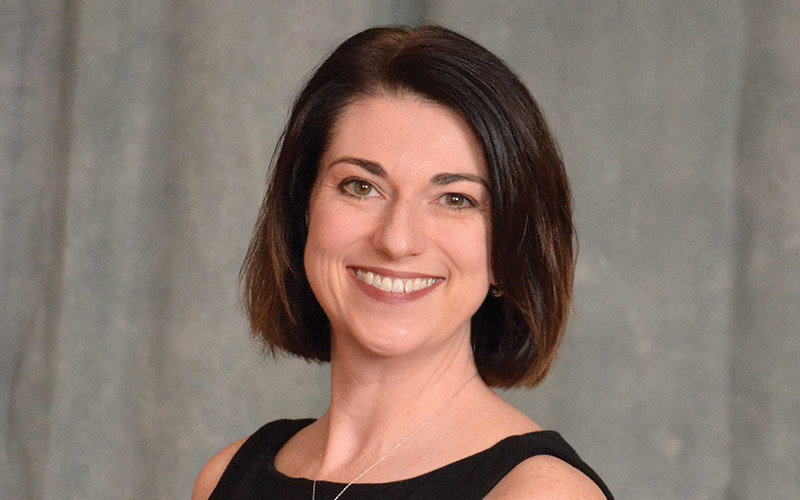 After a careful search, the board of the center was led to choose one of our current counselors to lead our center. You’ll know her! Sherry Kadair has been a counselor at BRCCC since 2011 and a member of our church since 2014. Sherry is currently a deacon and serves in both the media and music ministries. Sherry has been married to Howard since 2007. She holds an MA from Denver Theological Seminary and specializes in trauma care. Sherry also has significant experience in the business world and will bring great administrative skills, a cheery spirit, loving heart, warm comradery and a strong sense of the mission of the center and the church. Please pray for her as she steps into the huge role shaped by our founding director.
After a careful search, the board of the center was led to choose one of our current counselors to lead our center. You’ll know her! Sherry Kadair has been a counselor at BRCCC since 2011 and a member of our church since 2014. Sherry is currently a deacon and serves in both the media and music ministries. Sherry has been married to Howard since 2007. She holds an MA from Denver Theological Seminary and specializes in trauma care. Sherry also has significant experience in the business world and will bring great administrative skills, a cheery spirit, loving heart, warm comradery and a strong sense of the mission of the center and the church. Please pray for her as she steps into the huge role shaped by our founding director.  23. Why? Well, as Nick Saban might say, it’s about respecting the process.
23. Why? Well, as Nick Saban might say, it’s about respecting the process. Palm Sunday. Easter Morning. Service of Shadows. It was so weird to lead those services looking into the lens of an iPhone. But this year we’re back!
Palm Sunday. Easter Morning. Service of Shadows. It was so weird to lead those services looking into the lens of an iPhone. But this year we’re back! 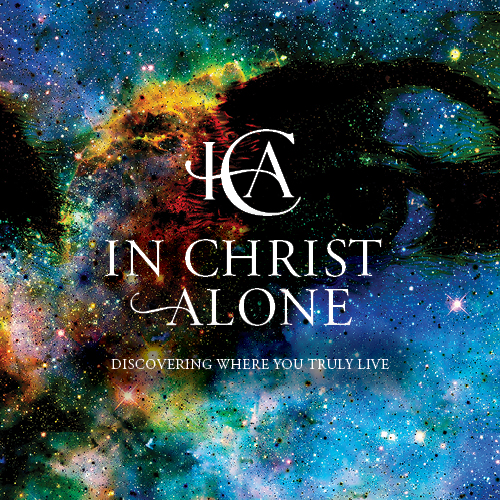
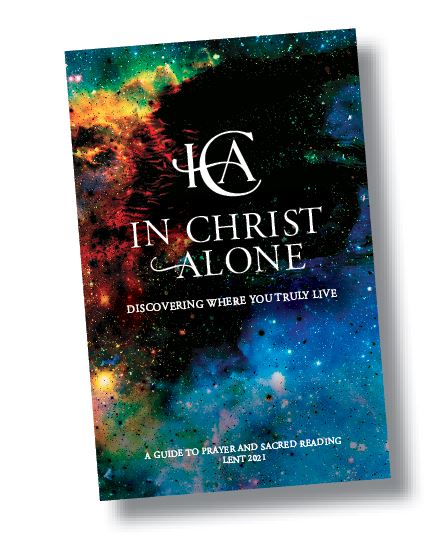 This Lent, we’re going to explore what it means that our truest home is Jesus himself. We’re going to pursue the mystery of what Paul meant by being “in Christ.” We’ll see how living in Christ and from Christ lights up everything in our lives. John Calvin called it a “mystical union” and declared it to be of highest importance to our faith.
This Lent, we’re going to explore what it means that our truest home is Jesus himself. We’re going to pursue the mystery of what Paul meant by being “in Christ.” We’ll see how living in Christ and from Christ lights up everything in our lives. John Calvin called it a “mystical union” and declared it to be of highest importance to our faith. 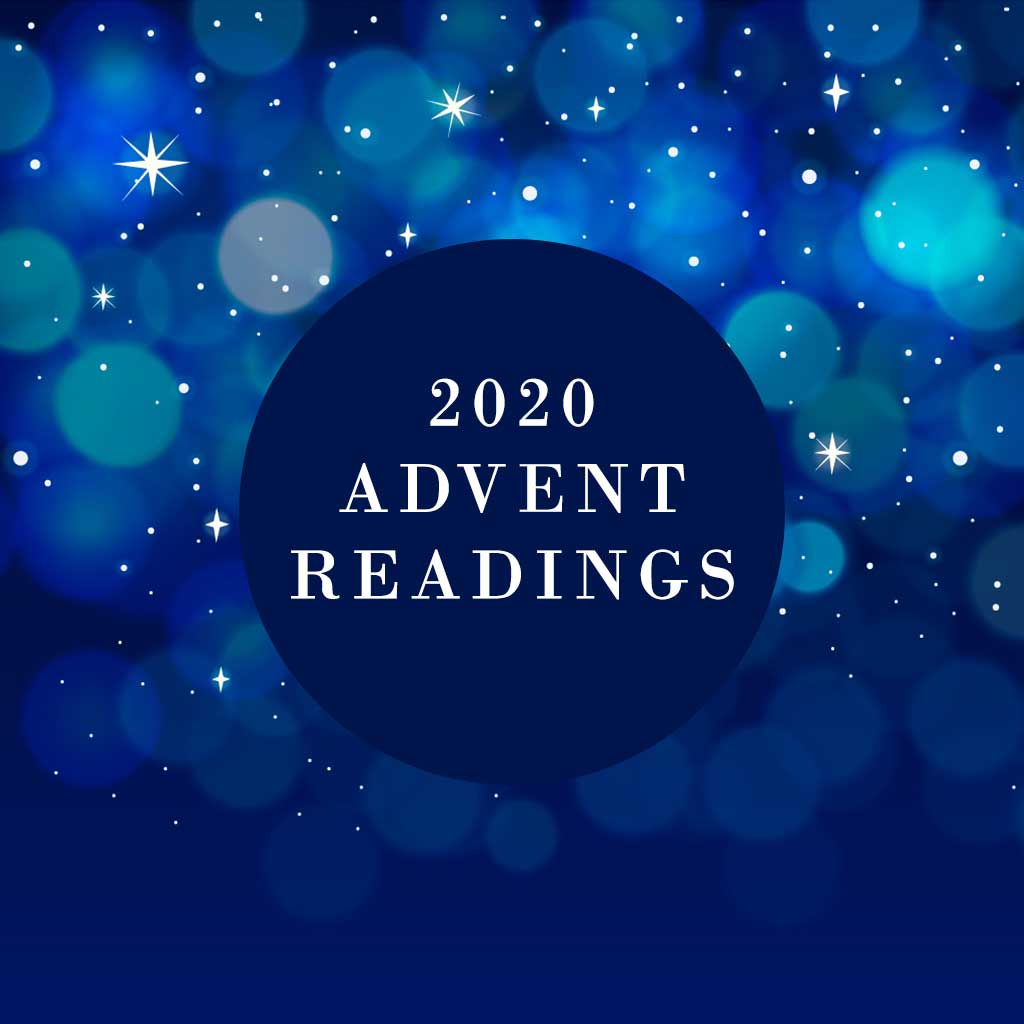 I’m very excited about the new advent calendar that’s been created for our daily readings during this sacred month. Beautifully designed by Katie Robinson, Katie Forsthoff and Mitzi Barber, the readings are coordinated with our sermons and include lovely breath prayers to take you deeper.
I’m very excited about the new advent calendar that’s been created for our daily readings during this sacred month. Beautifully designed by Katie Robinson, Katie Forsthoff and Mitzi Barber, the readings are coordinated with our sermons and include lovely breath prayers to take you deeper. I also realized how much I value living in the flow of God’s blessing love. He pours in, and in reply we try to pour out, responsibly but proportionally. If we just kept it, like a dammed up pond, we’d stagnate spiritually, emotionally and even financially. We wouldn’t be as thankful, we wouldn’t feel God’s care as much, and I’m pretty sure, even if we had more dollars for a while, we’d feel not rich but poor.
I also realized how much I value living in the flow of God’s blessing love. He pours in, and in reply we try to pour out, responsibly but proportionally. If we just kept it, like a dammed up pond, we’d stagnate spiritually, emotionally and even financially. We wouldn’t be as thankful, we wouldn’t feel God’s care as much, and I’m pretty sure, even if we had more dollars for a while, we’d feel not rich but poor.  As the fall months come, we’re working hard to re-gather our congregation. On September 13 we will return to two Sanctuary worship services: Contemporary at 9 and Classic Reformed at 11. Sunday school will resume at 10.10 on Sundays. We’re learning to gather in ways that are as safe as we can. But I know it will take an effort. We’ve got to overcome the rhythm of just staying at home. We’ve got to push against the inertia of isolation. We’ve got to put up with the inconvenience of safety measures. We’re taking a gamble that we can fill in two worship services with enough people that it doesn’t feel like we’re in a cavern. I think it’s time! Come to church! Invite others to come. Let’s stitch up the fabric of our fellowship, one returning worshiper at a time.
As the fall months come, we’re working hard to re-gather our congregation. On September 13 we will return to two Sanctuary worship services: Contemporary at 9 and Classic Reformed at 11. Sunday school will resume at 10.10 on Sundays. We’re learning to gather in ways that are as safe as we can. But I know it will take an effort. We’ve got to overcome the rhythm of just staying at home. We’ve got to push against the inertia of isolation. We’ve got to put up with the inconvenience of safety measures. We’re taking a gamble that we can fill in two worship services with enough people that it doesn’t feel like we’re in a cavern. I think it’s time! Come to church! Invite others to come. Let’s stitch up the fabric of our fellowship, one returning worshiper at a time..jpg) words that are the Psalms. By making these prayers their own prayers, they have ascended through psalms straight into God’s presence. The Psalms were the very prayer book of Jesus himself. We find Christ’s heart for his Father when we pray psalms in communion with Jesus. We get drawn close to each other when we pray psalms together and for one another. We even find words to pray for our enemies when we pray psalms on behalf of those hostile to us! Psalms express our souls; they also transform our souls, taking us deeper than we could ever go on our own.
words that are the Psalms. By making these prayers their own prayers, they have ascended through psalms straight into God’s presence. The Psalms were the very prayer book of Jesus himself. We find Christ’s heart for his Father when we pray psalms in communion with Jesus. We get drawn close to each other when we pray psalms together and for one another. We even find words to pray for our enemies when we pray psalms on behalf of those hostile to us! Psalms express our souls; they also transform our souls, taking us deeper than we could ever go on our own.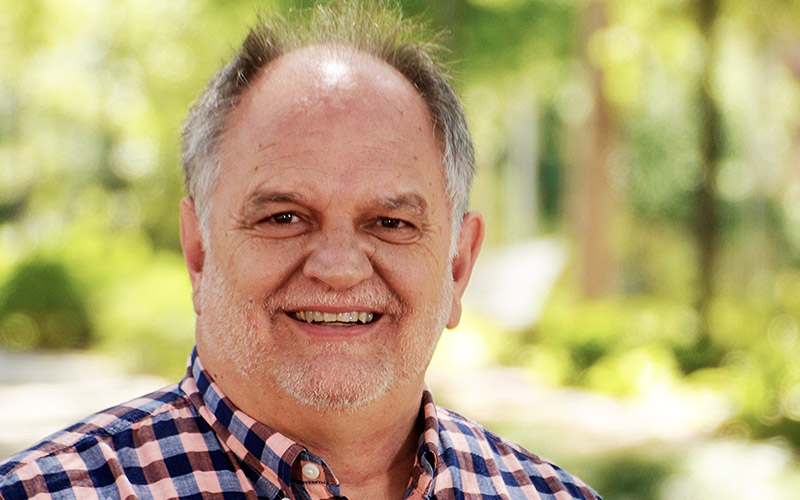 The director of our chancel choir ends his tenure with us this month. Dr. Steve Rushing has partnered with me in leading Classic Reformed Worship for the last fifteen years. His outstanding full-time vocal teaching at Southeastern University and then at Baton Rouge International School have meant that Steve’s service to us has always been on a quarter-time basis. With the arrival of our first full-time worship director who is fluent in both classic and contemporary styles, there is too much overlap to continue with two choir directors. So it is with both sadness and gratitude that we bid farewell to Steve in his official capacity.
The director of our chancel choir ends his tenure with us this month. Dr. Steve Rushing has partnered with me in leading Classic Reformed Worship for the last fifteen years. His outstanding full-time vocal teaching at Southeastern University and then at Baton Rouge International School have meant that Steve’s service to us has always been on a quarter-time basis. With the arrival of our first full-time worship director who is fluent in both classic and contemporary styles, there is too much overlap to continue with two choir directors. So it is with both sadness and gratitude that we bid farewell to Steve in his official capacity. .jpg)
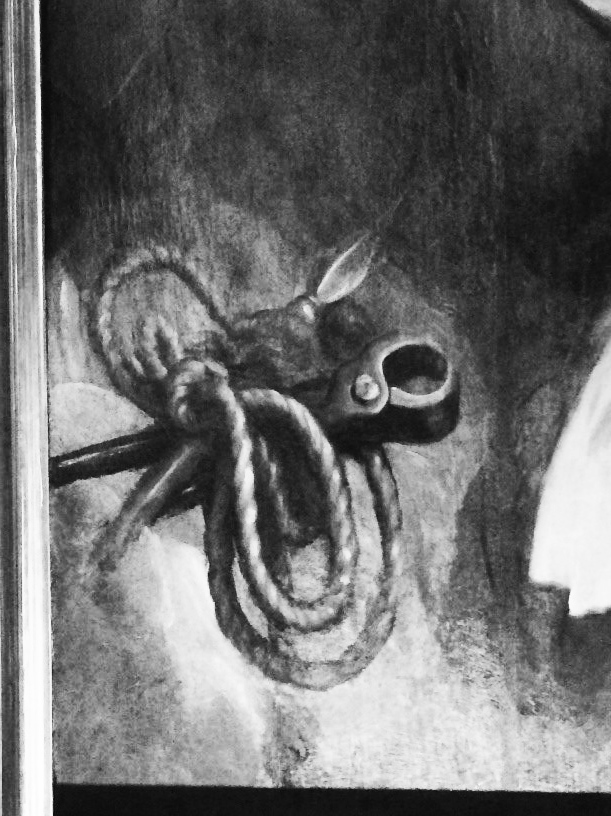
.jpg) These pliers indicate the horror of the task Joseph of Arimathea undertook. We read so quickly that he took down Jesus’ body from the cross. But crucified victims were affixed to the wood. Jesus had been spiked in the hands and feet. These thick, Roman nails had to be pried from the wood so the body could be removed. Amidst wracking grief, Joseph and any who helped him would have had to exercise brute strength simultaneously with tender care. They did not want to tear Jesus any further. This process was not immediate. It was awkward, public and intense. As you look at this picture, seeing Jesus resting in the invisible arms of his Father, note how Cigoli brings us back to the real-world labor of Joseph’s love for Jesus. He had to remove the spikes to care for his Savior in burial.
These pliers indicate the horror of the task Joseph of Arimathea undertook. We read so quickly that he took down Jesus’ body from the cross. But crucified victims were affixed to the wood. Jesus had been spiked in the hands and feet. These thick, Roman nails had to be pried from the wood so the body could be removed. Amidst wracking grief, Joseph and any who helped him would have had to exercise brute strength simultaneously with tender care. They did not want to tear Jesus any further. This process was not immediate. It was awkward, public and intense. As you look at this picture, seeing Jesus resting in the invisible arms of his Father, note how Cigoli brings us back to the real-world labor of Joseph’s love for Jesus. He had to remove the spikes to care for his Savior in burial.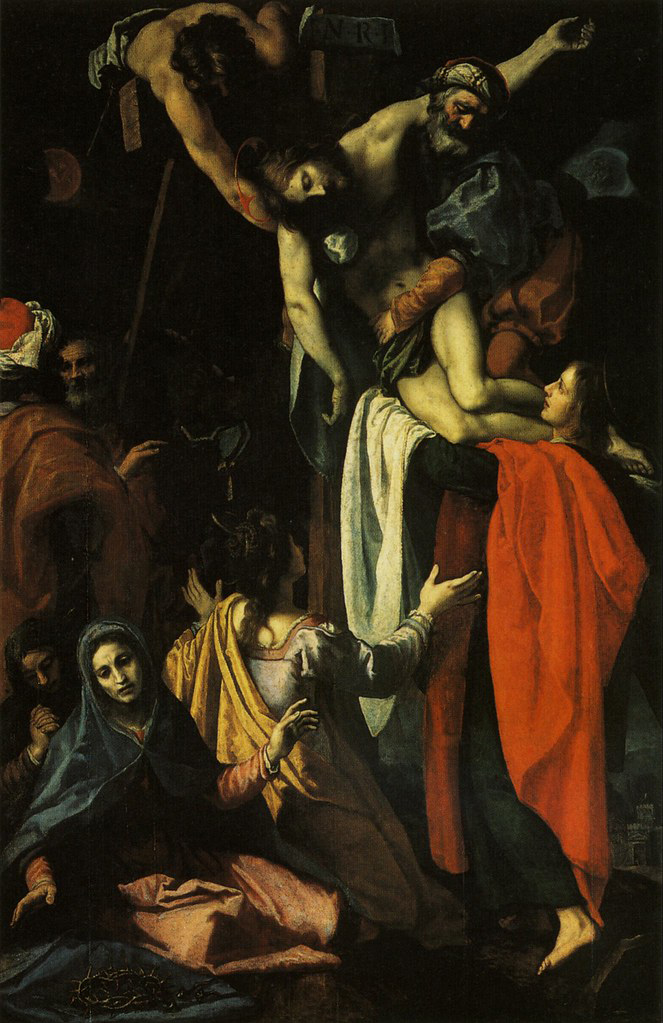
 Antonio Ciseri.jpg)
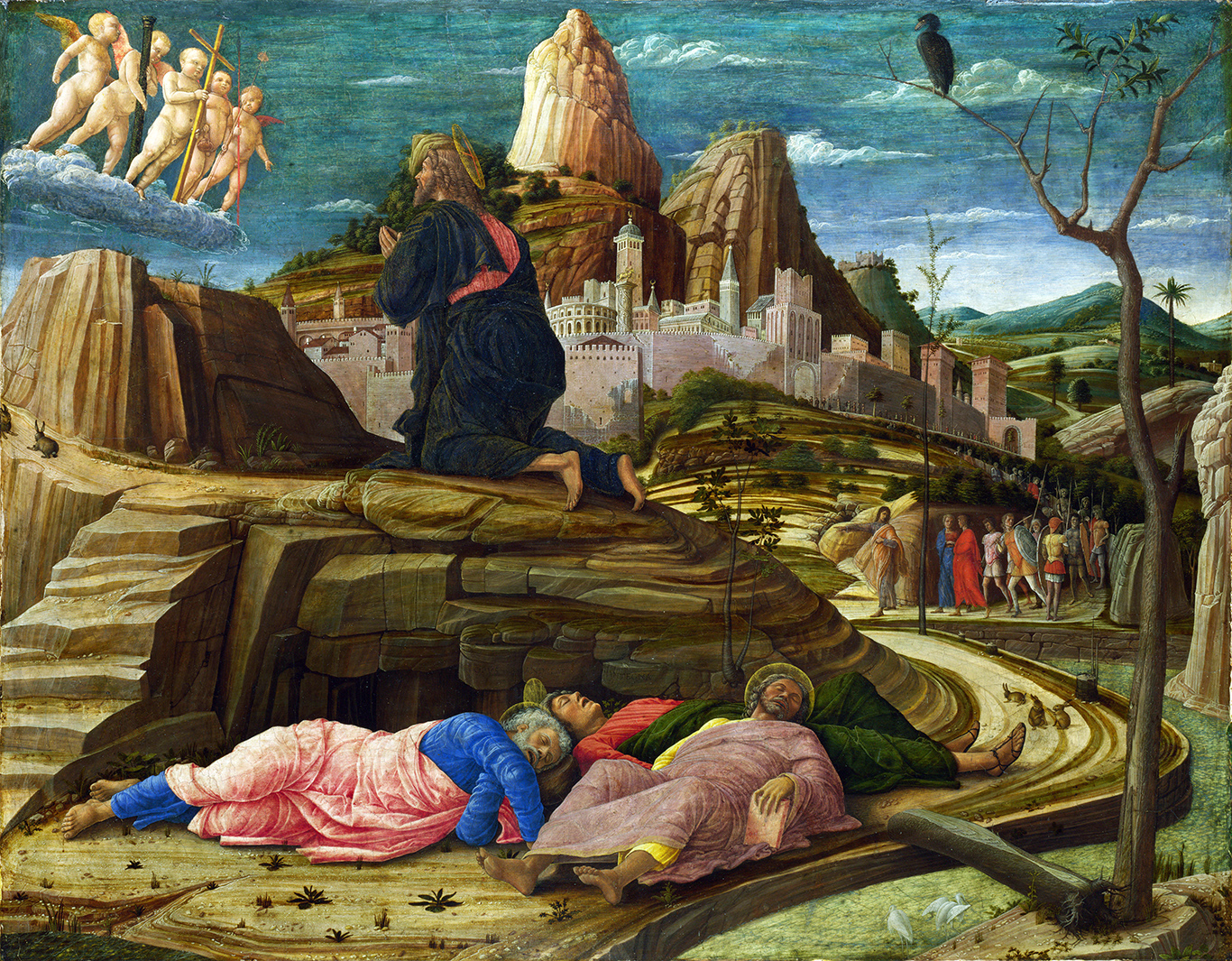
.JPG) Linda Richardson. Anointing at Bethany. 21st c.
Linda Richardson. Anointing at Bethany. 21st c.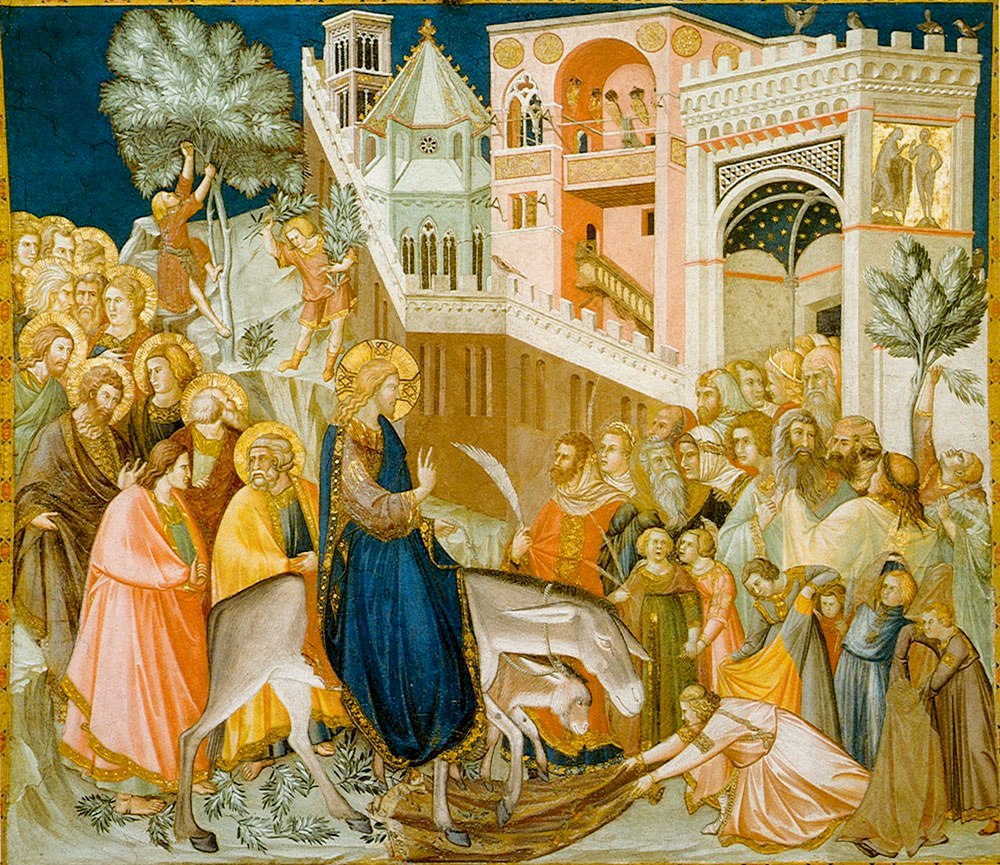 In 1320, Pietro Lorenzetti breathed fresh, colorful life into his rendering of the traditional icon of Jesus’ triumphal entry. We can see the moment when humanity joined creation in acknowledging that the king of all had come to us. We rejoiced in his humility, to ride on a donkey. And we exulted in his majesty. He was worthy of our praises, short-lived though they will prove to be.
In 1320, Pietro Lorenzetti breathed fresh, colorful life into his rendering of the traditional icon of Jesus’ triumphal entry. We can see the moment when humanity joined creation in acknowledging that the king of all had come to us. We rejoiced in his humility, to ride on a donkey. And we exulted in his majesty. He was worthy of our praises, short-lived though they will prove to be..jpg)
 been used for Christ since the time of the ancient church, even in some manuscripts of the New Testament! The “X” represents Chi, the first letter in Greek for christos, or Christ. An X for Christ has also been found in English writing since the 15th century.
been used for Christ since the time of the ancient church, even in some manuscripts of the New Testament! The “X” represents Chi, the first letter in Greek for christos, or Christ. An X for Christ has also been found in English writing since the 15th century. 